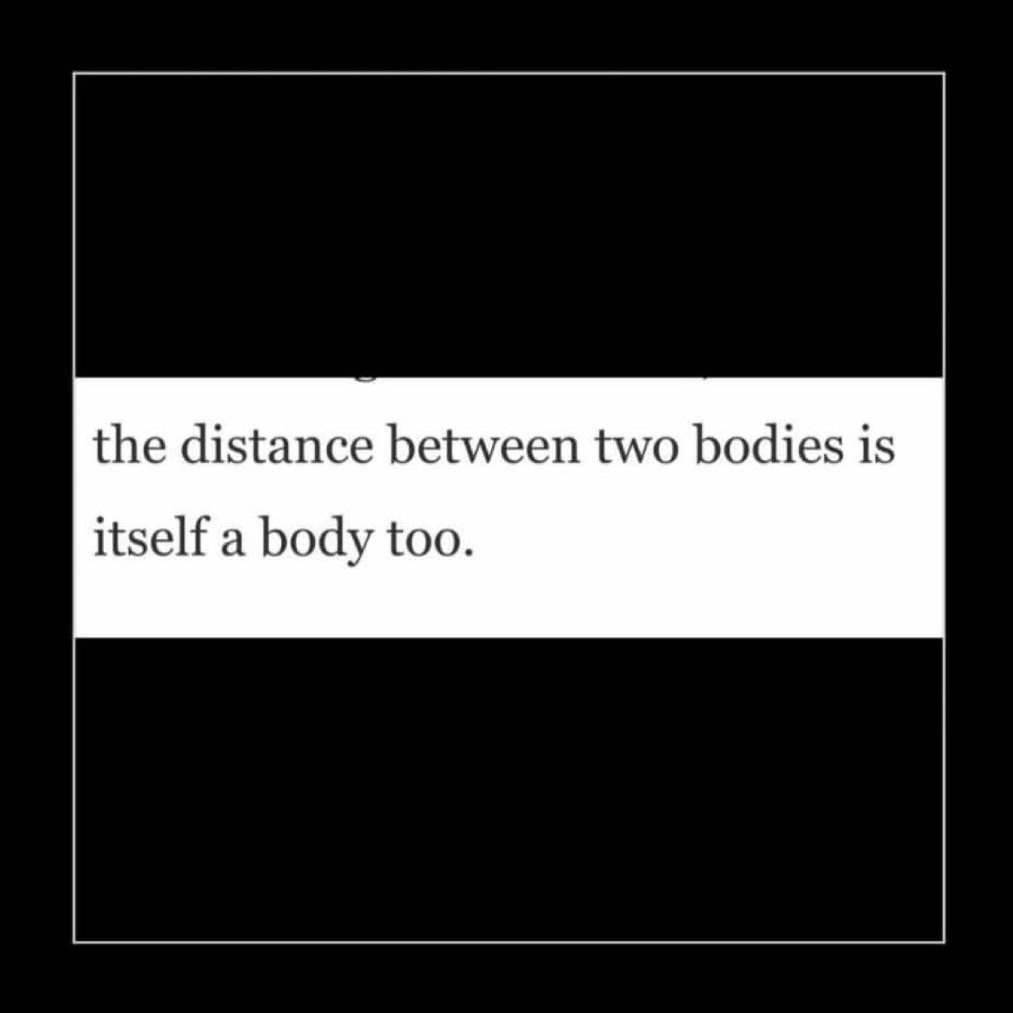I was barely ten when ‘Jodha Akbar’ and consequently the song ‘Inn Lamho ke’ was released. For my ten-year-old self, it was a song I listened to often, only for it would play a lot on 9XM during snack time.
For my twenty-four-year-old self now, it is a song that is a poetic ode to the distinct brown sense of fucking - or, the only way we ever do it in Bollywood - making love.
It was sometime around last year. I was sitting baked on my terrace in the middle of the night, listening to a Bollywood playlist on shuffle, when my attention rallied on Madhushree singing the lines
Samay ne yeh kya kiya
Badal di hai kaya
Tumhein mene paa liye
Mujhe tumne paya
Mile dekho aise hai hum
Ke do sur ho jaise madham
Koi jyada na koi kaam
Kise aag mein ke prem aag mein
Jalte dono hi the tan bhi maan bhi
Maan bhi hai tan bhi
It was then that my mildly altered mind concurred that the song ‘Inn Lamho ke’ from Jodha Akbar is not just about the long-anticipated sex on a ‘suhaag raat’ (a couple’s first night after marriage). Well, it quite literally is, but it is also so much more.
It is a song about haters to lovers. And about how love, and friendship, are not a function of time but timing. It reminds me of lovers I’ve loved for years and my optimism to believe that I was loved by them too - just never at the same time. It reminds me of lovers who have been friends for so long - bonding over music, and poetry and movies and jokes - their favorite being that they could ever be together.
It reminds me of the irresistible allure of that enemies to lovers’ plots in mainstream media that we’ve loved for so long. We love an enemies-to-lovers plot because we love the conflict that prefaces love. And, the emotional catharsis that comes with the excitement and anticipation of witnessing two people transcend the spectrum of passion - donning still, the color red - just now the red of love, not hatred. Oh, how beautiful to experience the evolution of a relationship - two bodies, still the same, yet everything different between them.
Mile dekho aise hai hum
Ke do sur ho jaise madham
Koi jyada na koi kaam
Kise aag mein ke prem aag mein
Jalte dono hi the tan bhi maan bhi
Maan bhi hai tan bhi
It is this exact emotional catharsis that ‘Inn Lamho ke’ evokes. When Akhtar Saab sings through Jodha Bai ‘Tan bhi hai, Man bhi’ (body in, soul in) It reminds me of the climax of the eventual wedding of lust and love that commemorates under the canopy of a lover's skirt. And how the biggest treasure of love unveils itself when you feel loved by someone to the exact extent you love them - not less, not more.
There is an elusive tenderness to the phrase ‘tan bhi, man bhi’ in Hindi music, and how we have always held the place of lust to be next to love, to capture the ultimate glamour of romance. While most would argue that we have done a terrible job at portraying sex for what it is, in Bollywood - I believe it is because we are the maestros of foreplay. We have built in ourselves, if only through censorship and a skewed lens of morality, the innate art of soft romantic storytelling - that builds up tension for you, to leave the climax for your imagination. A ‘come as you may’ philosophy of narration as I call it.
This song is about mating- two tributaries merging in a Ganga-Jamuni Tehzeeb, quite literally. You will know what I’m talking about when you realize the whole song is sung in highly sophisticated Urdu (the language Akbar spoke) — sparing the part that is sung by Jodha, which is in pure Hindi (the language Jodha spoke)
You bring your words, and I’ll bring mine - and together we can weave the music of copulation.
Listen closely and you will know that the song beats to the music of coition - a tender beat to the first touch, a crescendo to symbolize the palpitation of two hearts, followed by a throb of passionate relief, ending with, as my friend whom I was sharing my interpretation with, called it - music to cuddle to.
Mere khwaabon ke is gulistaan mein
Tumse hi tum bahar chai hai
Phoolon mein rang nahi the lekin
Dil mein khusboon tumhi se aai hai
First of all, I’m literally crying what the hell 😭. Second of all, in my interpretation, the song, prompted by the video - is a symbol of respect - for time, body, and person - and the beauty of it in a relationship. The immaculate Aishwarya Rai, as Jodha, is shy - but ever so comfortable. It takes time, for people and bodies to tune into ultimate comfort and rhythm. And only time is testimony to how much effort it takes, to be effortless with someone.
I wrote this essay as part of Mr Narci’s #00sbollywood bracket on Twitter. This song was eliminated before the essay entry could be valid. But I don’t think you should need an excuse to write about a song that moves you as much.
If you liked this thot, share it with your friends/on social media. If you loved it, buy me a kishimish.




This is brilliant. Did you come up with this observation?
Do check out infinite variety, a history of desire on india, by madhavi menon